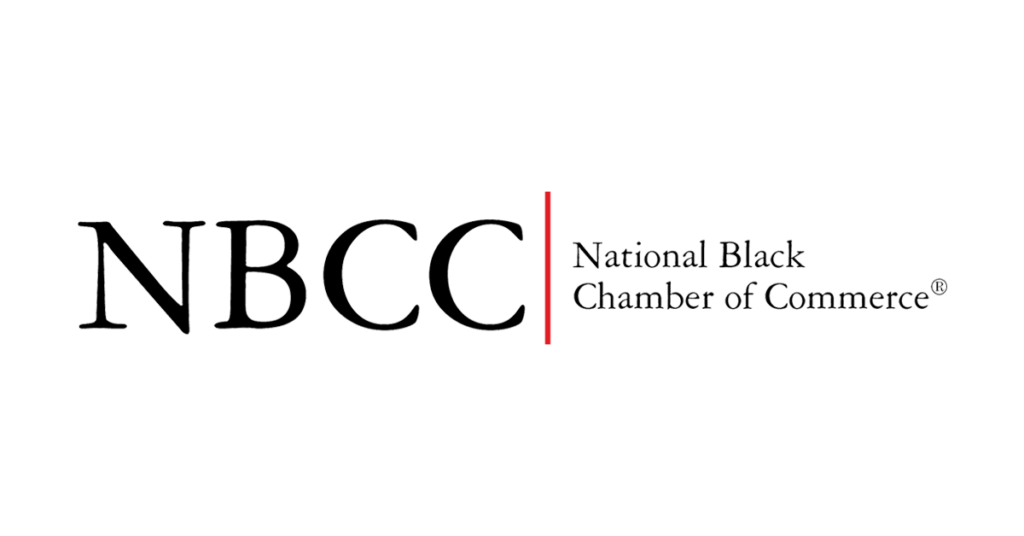By: Harry C. Alford, President & CEO of The National Black Chamber of Commerce.
This month, the American people are poised to come together to celebrate the start of Black History Month. As President and CEO of an organization dedicated to the economic empowerment of African American communities through entrepreneurship and enterprise, I encourage policymakers to work together in that same spirit to help secure the future of the more than 2.6 million Black owned businesses in the United States; to help communities of color across this country persist through the devastating economic effects of this pandemic. Per a harrowing Federal Reserve Bank of New York report regarding COVID-19’s concentrated effects in Black communities, “nearly half of Black small businesses had been wiped out by the end of April as the pandemic ravaged minority communities disproportionately.” Overall, “Black firms have been almost twice as likely to shutter as small firms overall.”
Given the magnitude of this economic menace for minority owned enterprises – “Black businesses experienced the most acute decline, with a 41 percent drop,” a nearly identical statistic to the figure found by the National Bureau of Economic Research – as well as the outsized role they play in powering the American economy – Black businesses, for instance, account for more than $138 billion in revenue each year – policymakers would be wise to concentrate on one key tool in particular that has been critical during the pandemic: domestic tech innovation.
Indeed, as former United States Senators Saxby Chambliss and Kent Conrad – both of whom serve as Economic Co-Chairs of the American Edge Project, with which the National Black Chamber of Commerce has proudly partnered as a founding member – recently wrote in an opinion column on the subject: domestic tech tools “promptly stepped up to serve as an economic life raft for the small-business sector” during the recession by facilitating sales and marketing efforts. By May, nearly one-third of small business owners said they would have been forced to close “all or part of their businesses” had it not been for digital technology. Meanwhile, per a U.S. Chamber of Commerce survey, a full 43 percent of small businesses now “plan on expanding their businesses through digital and related technology as a response to COVID-19,” while 30 percent have “already added ways to deliver products and services digitally.” Additionally, a growing number of American innovators have pulled together to help highlight – and then subsequently help drive consumers to – black owned businesses following a historic year in which racial justice was pushed to the forefront of our country’s consciousness.
Small business owners – particularly those working to preserve and power prosperity in communities hit hardest by the COVID crisis across America – are turning to domestic digital tools to lift them out of the daunting depths of this difficult time. Policymakers should not only recognize the tremendous benefit that American tech innovation offers our economy at large, but also the Black entrepreneurs who help make it run; who help make it the envy of the world.
